Publications
Articles, publications, books, tools and multimedia features from the U.S. Institute of Peace provide the latest news, analysis, research findings, practitioner guides and reports, all related to the conflict zones and issues that are at the center of the Institute’s work to prevent and reduce violent conflict.
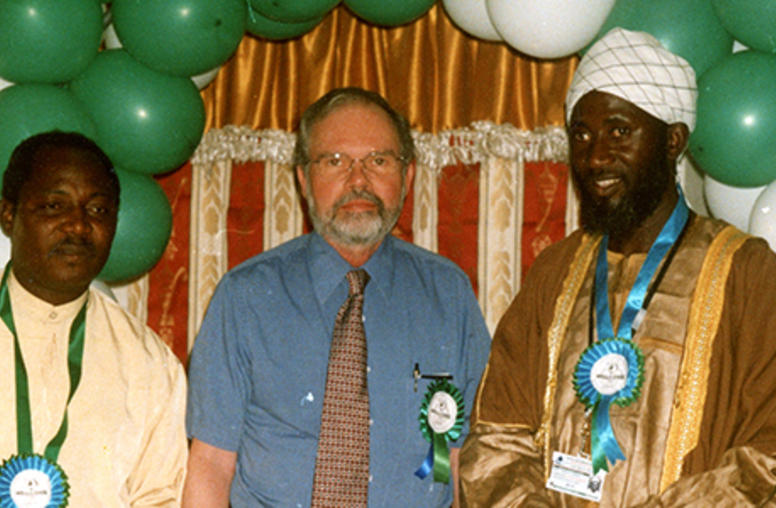
Two Decades of Peacebuilding: USIP Vice President Smock Retires
His career was rooted in college friendships with a Ghanaian and a Nigerian. It propelled him through posts in four foreign countries and a peace mediated in a local community in Africa that has held for more than 10 years. David Smock, USIP’s vice president for Governance, Law & Society and director of the Institute’s Religion and Peacebuilding Center, retires at the end of this week after more than 24 years at USIP, an organization that itself is only 30 years old.
Pakistan School Attack Sparks New Form of Public Action
In the aftermath of the horrific Taliban attack on a school in Peshawar that left more than 140 people dead, most of them children, a national consensus against terrorism may be emerging in Pakistan. Also developing is a new style and approach for civil society activism.
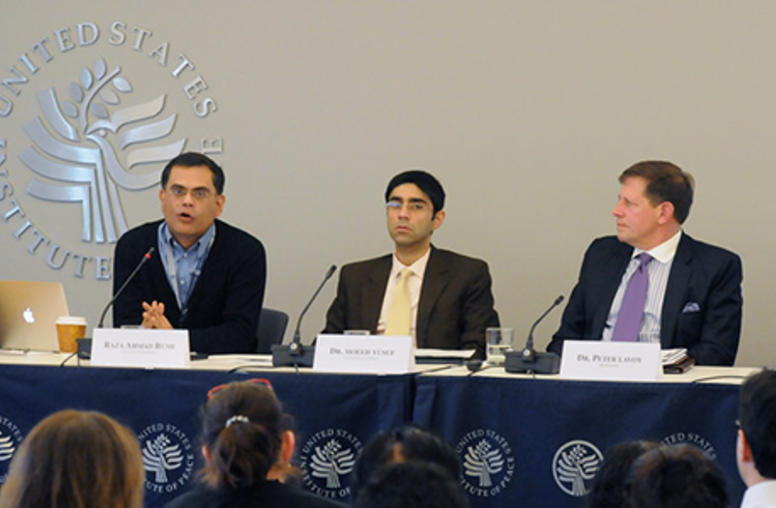
Pakistan Massacre of Schoolchildren: What Has It Changed?
Even having lost 50,000 people killed in terrorism-related violence over more than a decade, Pakistan was stunned by the Taliban massacre of 145 schoolchildren and others at an Army school in Peshawar on December 16, 2014. With some commentators calling the event “Pakistan’s September 11,” the U.S. Institute of Peace convened experts to assess whether the country may actually have reached a decision point that could yield a more consistent and effective state campaign against terrorism.
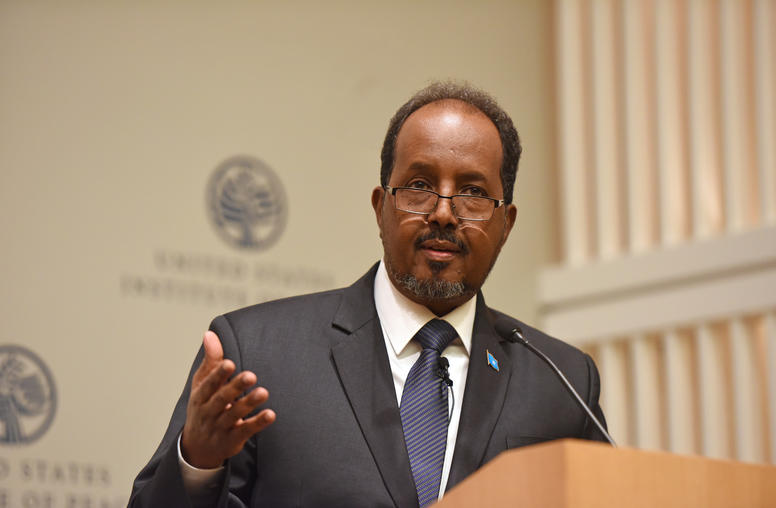
Somalia Seeks Best Possible Elections, More Security Aid
Four years after the formation of a federal government in Somalia, the country has built nascent institutions, but it will need years of financial and security support to make the new state effective, President Hassan Sheikh Mohamud said April 20 at USIP. The country’s next critical step will be to hold national elections before September, a vote that Mohamud said will be less democratic than he and other Somalis had hoped—but an improvement in a country that has not elected any government since 1969.
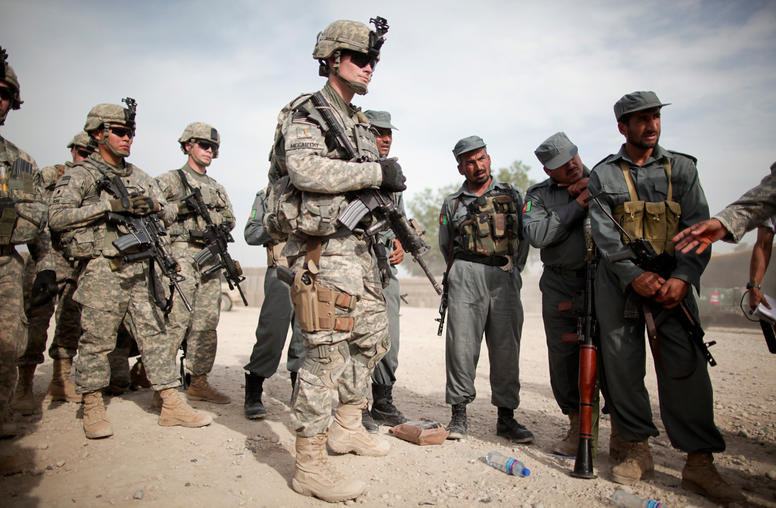
Violent Conflict and Vital Interests: Keeping Focus
Over the next decade, the United States can expect to face complex foreign challenges from terrorism, insurgencies and internal conflicts fanned by external sponsorship, but the threat of conventional state-on-state wars, including direct assaults on the American homeland, have significantly diminished, according to retired Lt. General Douglas Lute, the former ambassador to the North Atlantic Treaty Organization.
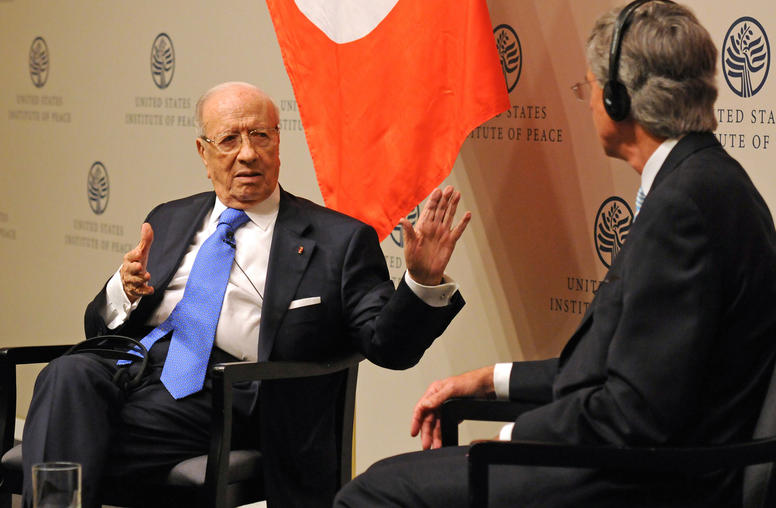
Violent Extremism: Muslim Democrats as Part of Solution
The White House account of President Donald Trump’s first phone call with Tunisian President Beji Caid Essebsi is a good sign that the U.S. might continue to work cooperatively with moderate Muslim political leaders who can contribute to global stability and aid in reducing violent extremism.
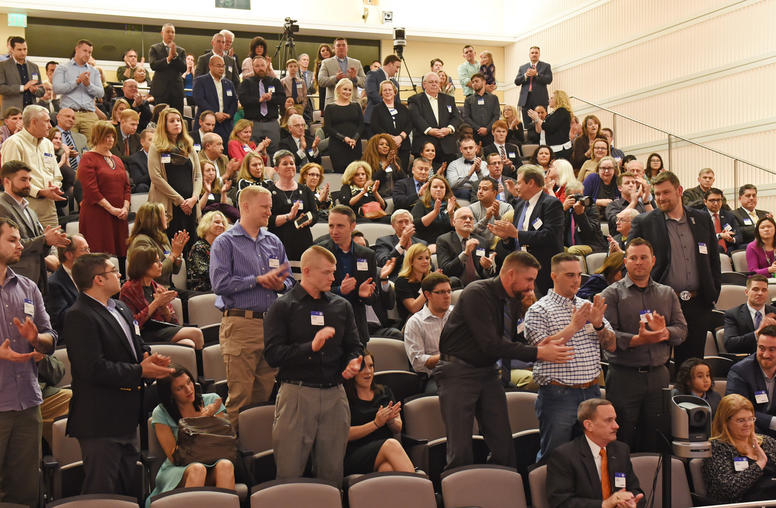
U.S. Afghanistan Veterans Recall the Costs of War
When we estimate the costs of wars, our guesses can render figures too vast and numbing to really grasp. Brown University’s Costs of War project estimates that wars since 2001 involving U.S. forces have cost $4.8 trillion, 370,000 people killed in direct violence and nearly 1.2 million dead when indirect causes are counted. At the U.S. Institute of Peace on Feb. 22, a prominent journalist and U.S. combat veterans focused on a tiny but dramatic subset of costs—the price paid by these former soldiers when they were sent a decade ago to a perilous corner of Afghanistan.
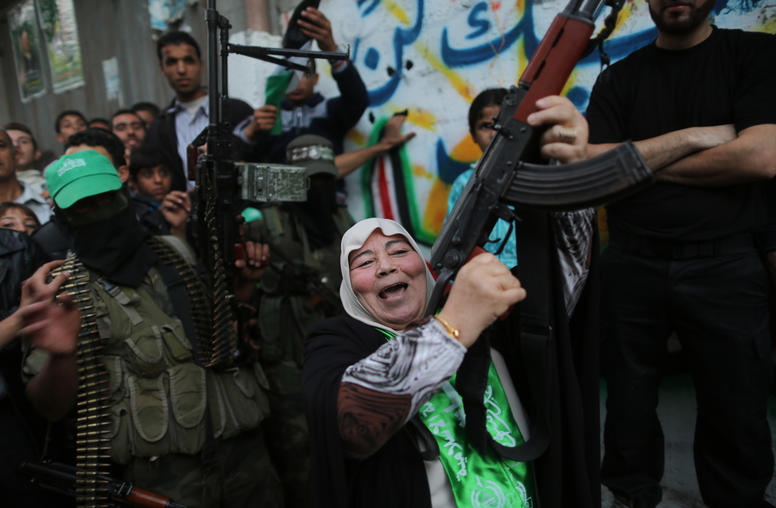
From Nazis to ISIS: Women’s Roles in Violence
From the Nazi regime of the 1940s through the Islamic State of today’s Middle East, an obscured element of history runs though the phenomenon of violent extremism: the participation of women. Contrary to the classic image of women as victims or, at least more recently, peacemakers, new research shows how women can stoke, support and sometimes directly join in violent action, scholars said in a discussion at the U.S. Institute of Peace.
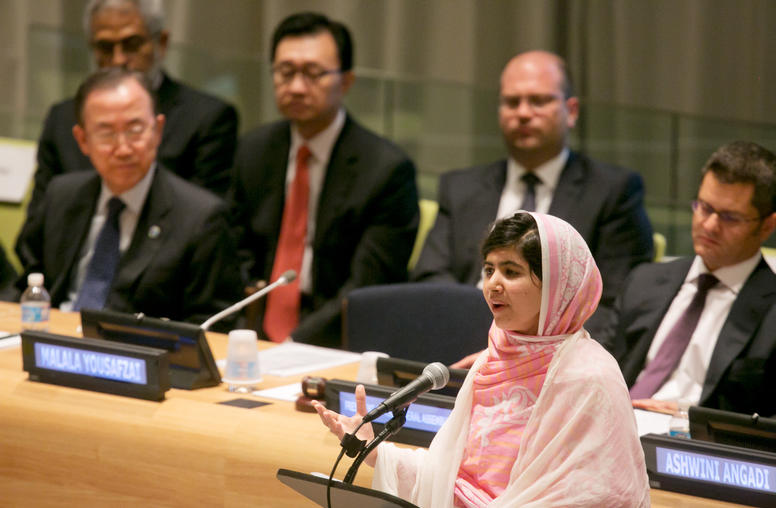
Why International Women’s Day Matters
When Mahatma Gandhi was leader of the Indian National Congress in 1921, he advocated for women’s rights as key to modernizing Indian society. He understood that you cannot change a society peacefully without turning to women, half of the population, to make it happen. In an open letter in 1930, he wrote, “If nonviolence is the law of our being, the future is with women.” It was a radical idea at the time to make women, who usually are invisible, visible. It’s still radical today.
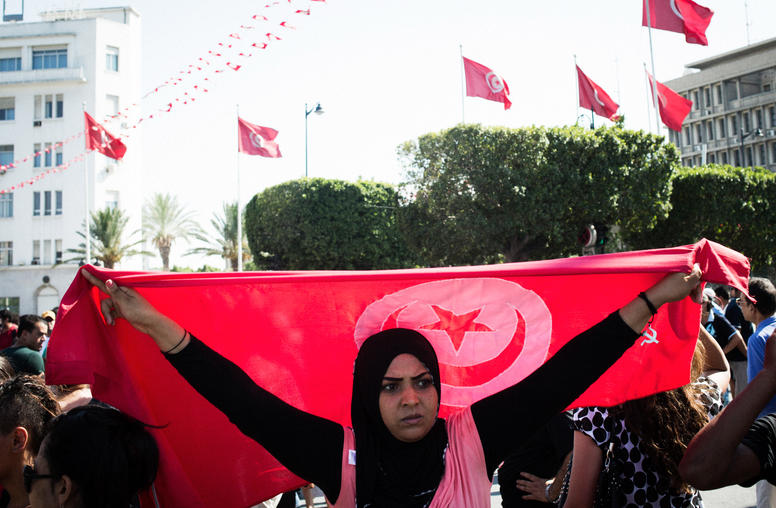
Aid Remains Key to a Counter-ISIS Plan, Tunisia Says
As the Trump administration prepares an international conference to shape strategy against ISIS, the plan should include economic aid to undercut extremist recruitment, Tunisia’s foreign minister said March 14. Financial help is essential to help nations at risk, such as Tunisia, offer jobs and futures for unemployed, disillusioned youth, Foreign Minister Khemaies Jhinaoui told an audience at USIP.